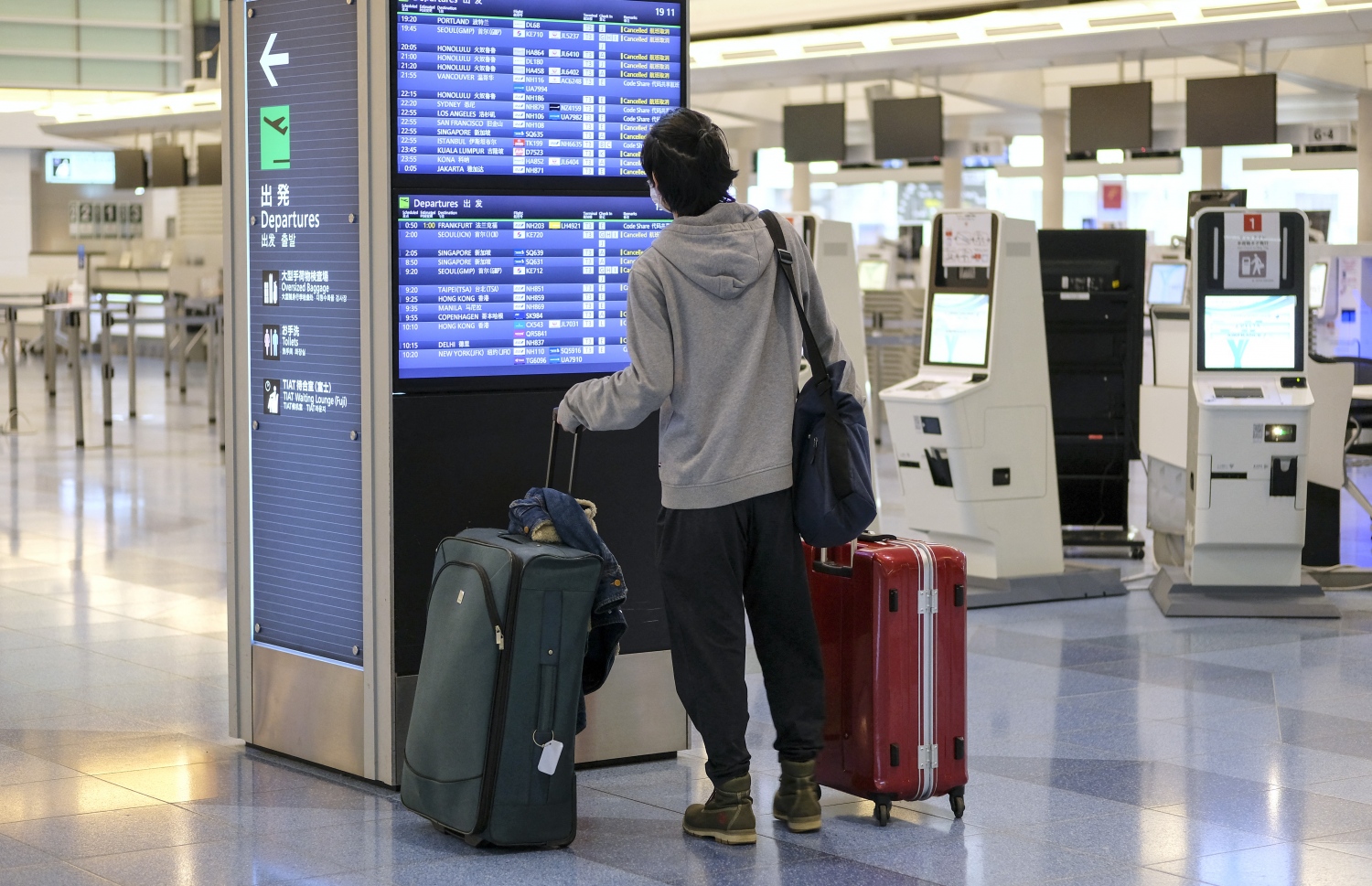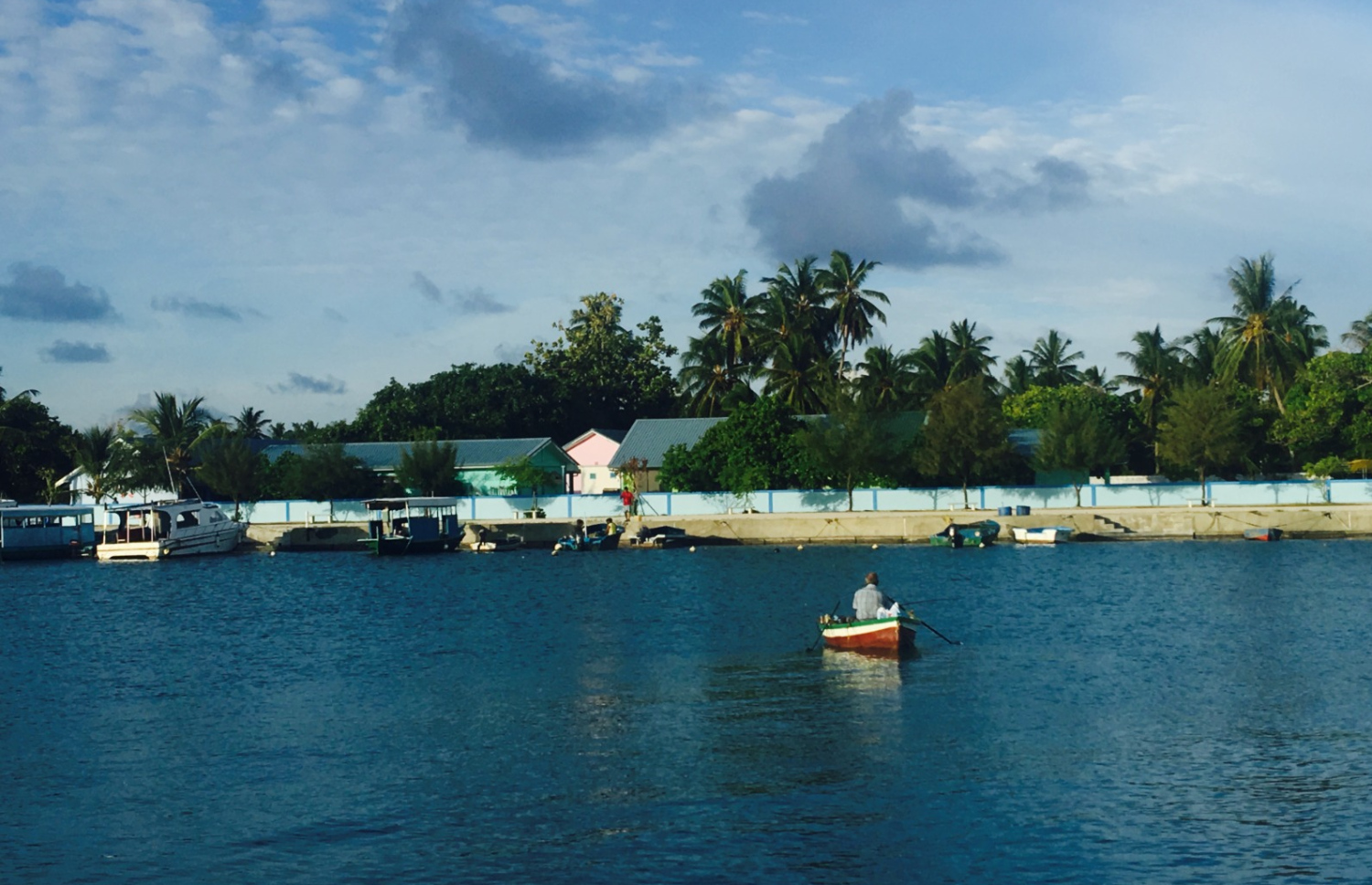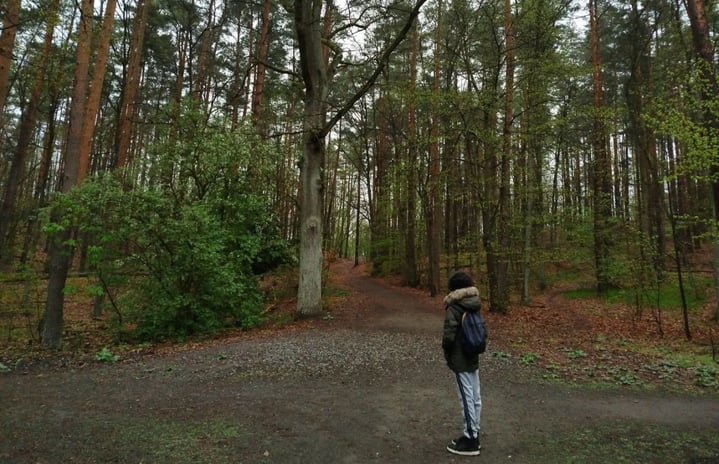In the pursuit of academic excellence, a better lifestyle, or critical medical care, many leave the comfort of their homes to seek greater opportunities in foreign lands. They don’t just pack their bags with fragments of their current life; they carry with them a heavy burden of uncertainty, unseen challenges, and deep-seated anxiety about the journey ahead. To their loved ones, the excitement of a new beginning is almost tangible, even as they quietly mask the insecurities building beneath the surface. Uprooting an entire life and crossing oceans in search of dreams is never an easy feat. Yet, for many, it is a necessary sacrifice, a courageous leap toward hope and possibility.
Between deadlines and dreams: The silent strength of students abroad
The student life often embodies a quiet heroism. On the surface, it’s all classes, assignments, and deadlines. But underneath, it’s about learning how to be alone, how to stay upright when you're your only support system. The greasy food and caffeine are just props; the real story is the silent strength it takes to keep going, even when no one is clapping.
Living in Malé, Maldives, as a student presents a unique set of challenges. It’s not an experience suited for everyone. For many, student life here means constantly juggling studies, part-time jobs, and cramped shared living spaces. Few have the privilege to focus solely on their education and give it their full attention.
This reality is where the dream of studying abroad stems, funded through scholarships, government loans, or personal savings. For some, taking out a loan isn’t just about earning a degree; it’s about experiencing full-time student life without the daily pressures of survival.
“Studying abroad was definitely a challenge when it came to finances... but Alhamdulillah, in the end, [my father] made everything feel so easy.” - Sadha Mohamed.
The opportunity to dedicate themselves fully to learning, exploring, and growing makes the decision feels not just practical, but deeply personal.
Leaving home isn't just a physical move, it’s an emotional shift. Students carry not only suitcases but also uncertainty, the pressure to succeed, and fragments of home packed into spice jars or childhood snacks. For many, this journey is a necessary leap into independence and possibility.
“It was definitely very difficult leaving my loved ones behind. It was necessary because what I wanted to study isn’t taught in Maldives.” said another student pursuing her studies in Malaysia.
The first day at college or university is a feeling shared across borders, a whirlwind of unfamiliar faces, anxious students brushing past each other, and a general sense of chaos. It is messy, overwhelming, but marks the beginning of something transformative. Over time, students learn to navigate new cultures, connect across differences, and find their people, the support system that carries them through the next few years, and sometimes, a lifetime.
While countries like Malaysia and Australia offer tight-knit Maldivian communities, the struggle to adapt remains real. Spending special holidays like Eid with fellow students is often the closest thing to feeling at home. In time, strangers become a chosen family. Surrounded by shared ambition and a collective drive for a better future, it’s hard to feel truly alone. That energy becomes the quiet push many students need, a reminder of why they came, and the purpose that continues to guide them.
As Sadha reminisced: “One moment that stands out was during my degree thesis period. I was overwhelmed, stressed, and emotionally drained. That evening, I went out with one of my closest friends to our special hangout spot. We ordered our usual comfort food, and I just vented for two good hours. I poured my heart out. She didn't try to fix anything; she simply listened. And in that silence, she reminded me why I started this journey.”
According to the Ministry of Higher Education, over 2,100 Maldivian students were studying overseas by the end of 2024. Each one carries a piece of the Maldives with them, and, in time, brings back more than just a degree.

Working worlds: careers reimagined
Similar to students, a growing number of job seekers move abroad in search of a better work-life balance, broader exposure & experience while being connected to their roots. To escape the traditional work culture embedded in most institutions of the Maldives, workplace bias, wage issues, and stagnant career paths, many seek employment opportunities in countries like Malaysia, the UK, Australia, etc. Since 2020, the number of Maldivians moving abroad for job opportunities has increased, a trend likely to grow.
Let’s explore the voices of Maldivians who left their homeland seeking a life abroad, a life marked by ambition, sacrifice, and the pursuit of a better future for themselves and their families.
"Better quality of life, better education, better opportunities," shared one respondent when asked why he left the Maldives.
A former media professional, he now works in Berlin, adapting to a new routine of 9-to-4 workdays and formal events far from his original career path, far from his comfort zone back at home, yet a great opportunity to network, learn new skills, language and global culture without barriers.
A significant number of graduates face a mismatch between their qualifications and domestic job availability, resulting in a forced career change or accepting a job that bears little to no relation to their field of education. The frustration of an underpaid, overworked culture in the Maldives is one of the main reasons the youth are seeking freelance/work-from-home jobs.
A mother living in Thailand echoed similar transition: "Professionally, I appreciate that remote work has given me the opportunity to be involved in the kind of work I built my career in, I’m fiercely ambitious, and so this opportunity to do what I love has been a true comfort and support system away from home”.
Additionally, opportunities like diplomatic jobs in other countries reshape both the employee and their family to shift their livelihood to a whole new country, culture, and traditions. In most cases, it is challenging to adapt to new cultures because of the language barrier, religious beliefs, and cultural norms. Countries like Germany require immigrants to learn their native language, even though English language is commonly spoken.
This adds another layer of pressure in adapting to a new environment. It is a stark reminder that not all transitions are smooth. Learning a new language, particularly German, posed a challenge: "Germans expect immigrants to learn German...we'd be more welcome if we spoke fluently."
The language barrier is as sharp of a tool as any other component, faced by immigrants wherever they go. Yes, ideally English is a universally spoken language, however, when you cross borders in search for a transformative change in life, it demands more than a job or a roof over your head. Countries like Malaysia and Thailand are more welcoming to English speaking foreigners; however, this is not the global norm.
Parenting across borders
Parenting abroad revealed a mixture of relief and resilience. It is no easy feat to raise children, no matter where one lives. To leave behind home to build another in an unfamiliar territory, without the assistance from loved ones, is one of the most daunting decisions a person will take. However, it is often one when children’s physical and mental well-being are at stake.
One mother reflected on the joy of balance: "It has been amazing because I’ve found balance as a person, a professional, and a parent." Yet that balance often came with cost. For another, raising a severely autistic child in a new country was daunting but filled with hope: "We are seeking the best therapy opportunities Berlin can provide."
The sacrifices parents make for the well-being of their families are extraordinary. Rebuilding identity in a foreign context demands strength and determination. It is this drive that makes it possible to face all the challenges posed by the unknown bearable and thrive in the new home far away from home.

It is a frequent thought. How does one stay grounded in a place that feels foreign? For many, faith played a stabilizing role. Prayer, dua and keeping a level head, with a positive outlook, or simply building an entirely new routine, a hobby. To find your place in the new community can be challenging, and may take time far longer than initially assumed.
"I miss who I was in Maldives... the food, local flavors… the sense of accomplishment... to leave that behind to start off as 'no one' in a new place continues to be a challenge."
The sense of belonging is subjective. Some described urban life in Malé as "chaotic and traumatic," prompting their decision to raise families elsewhere. For others, the slower pace and new beginnings felt grounding.
Home; redefined
Balancing studies or work with small joys, a hangout with friends, a good book, a road trip, becomes key in the journey of self-reinvention. These small rituals can serve as powerful coping mechanisms. It is important to understand that it is okay to pause and reflect.
There is a quiet, tender struggle to stay connected to culture; whether it’s saving that last can of Maldivian tuna for a special occasion, scrolling through photos of home, or recreating traditional dishes in tiny foreign kitchens. These small rituals, seemingly insignificant, carry deep emotional weight. They serve as anchors, preserving identity and memory in the midst of unfamiliar surroundings.
Ultimately, this is not just about better jobs or degrees or family homes, it’s about the pursuit of dignity, balance, and opportunity. It’s a reflection of a generation that dreams big, seeks more, and yet holds tightly to where they come from.
Even thousands of miles from the Maldives, home is never far from mind. It is sometimes a whisper, sometimes a demand, but always present.




